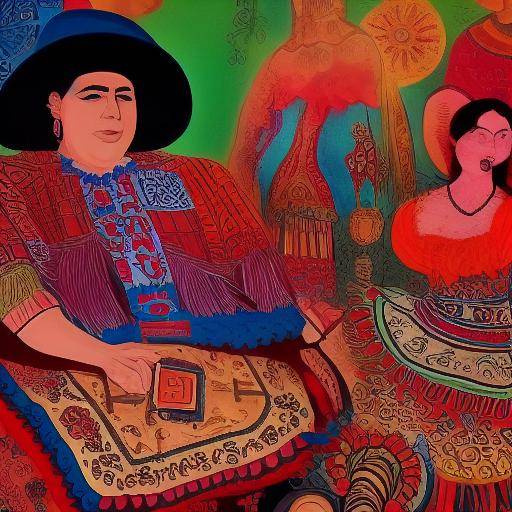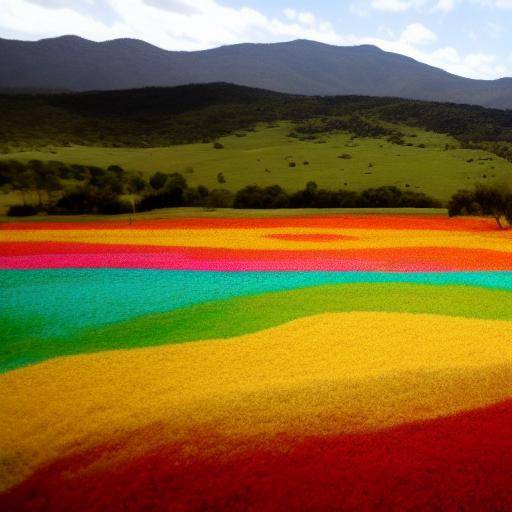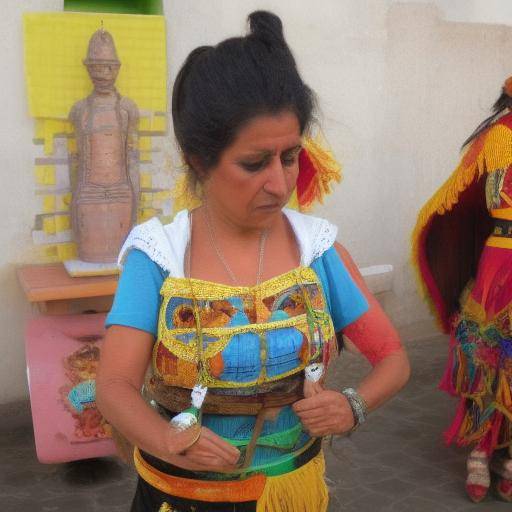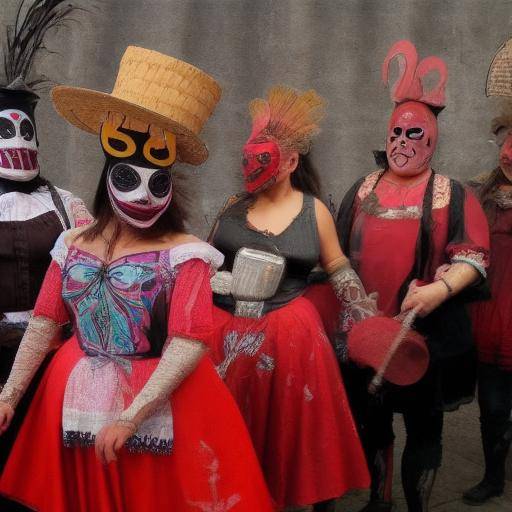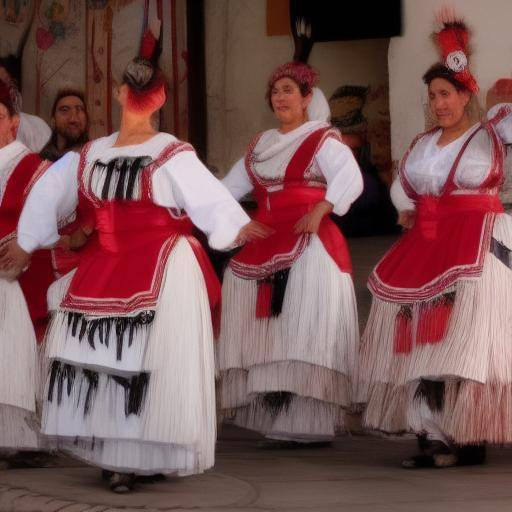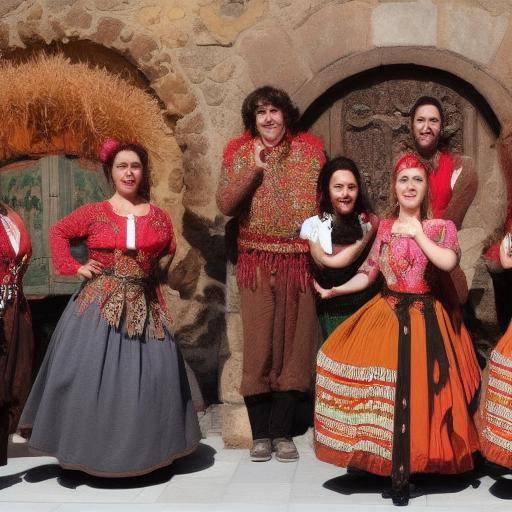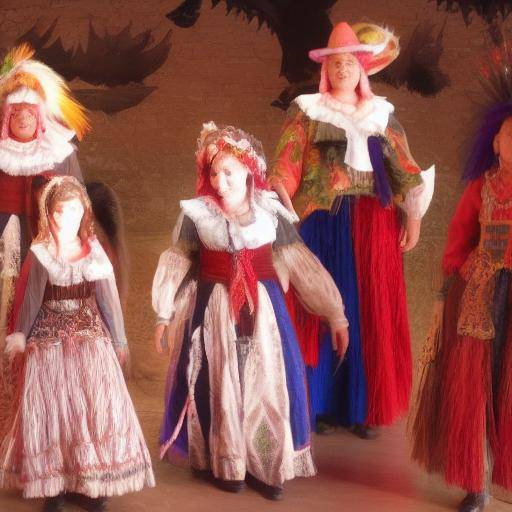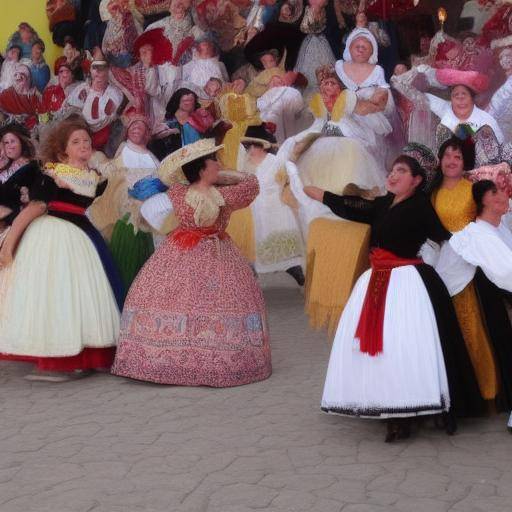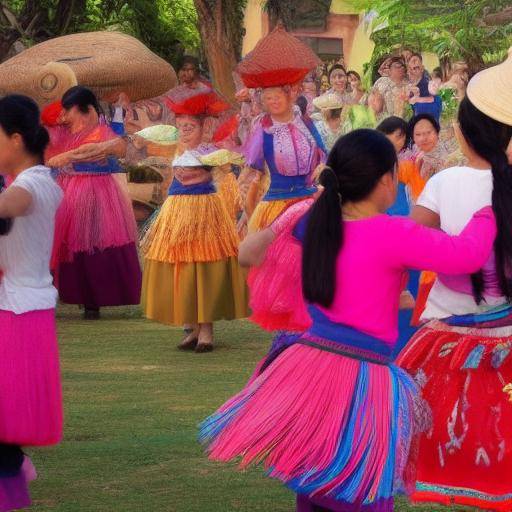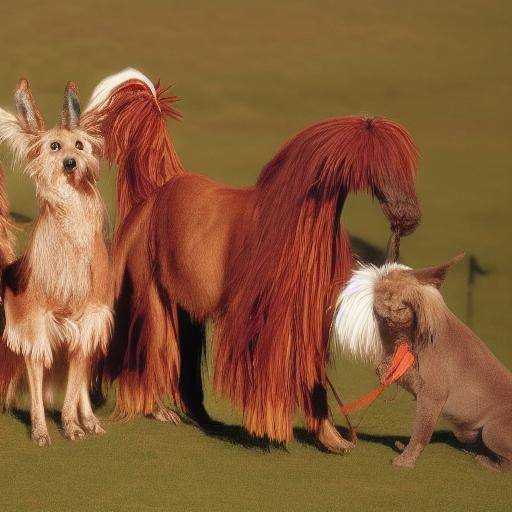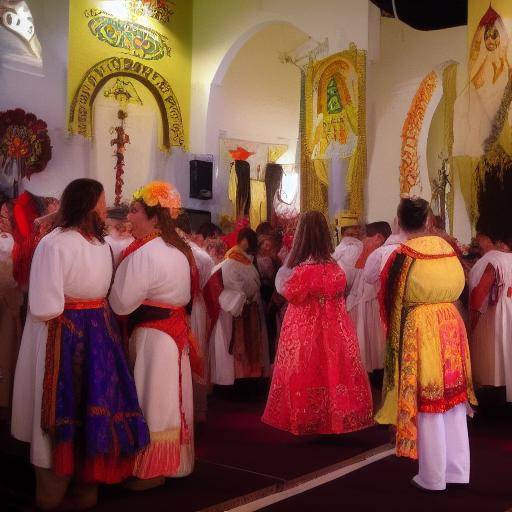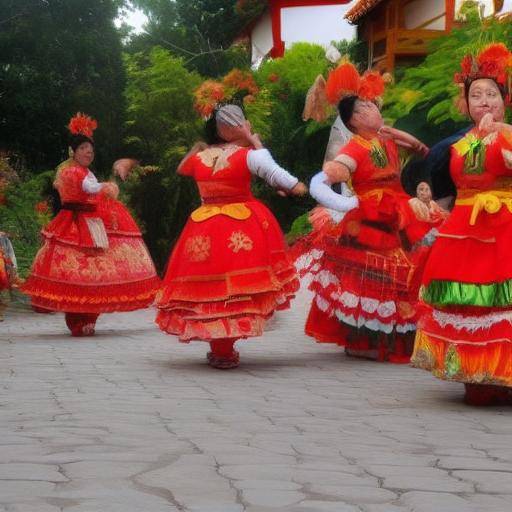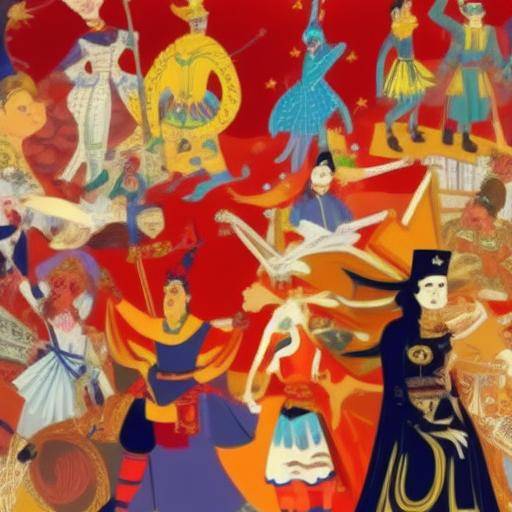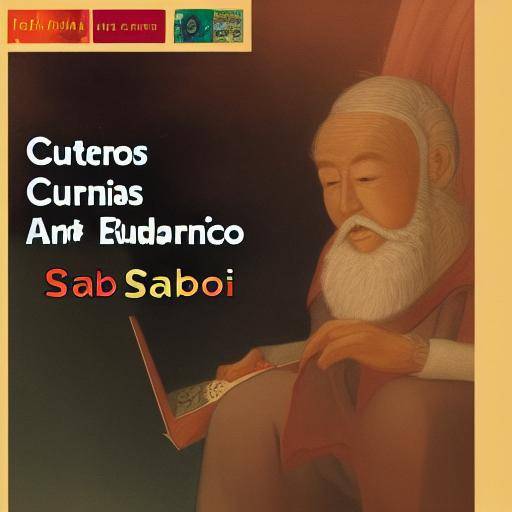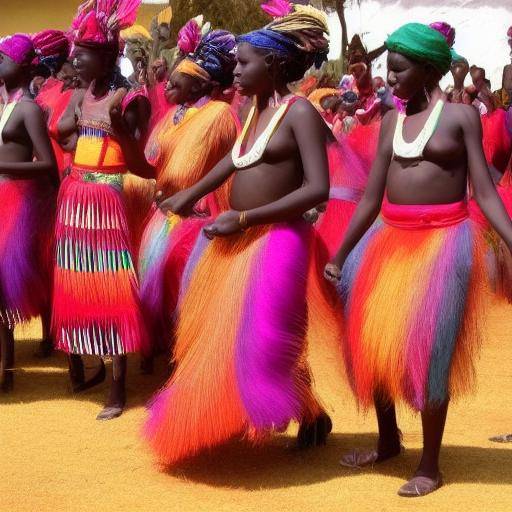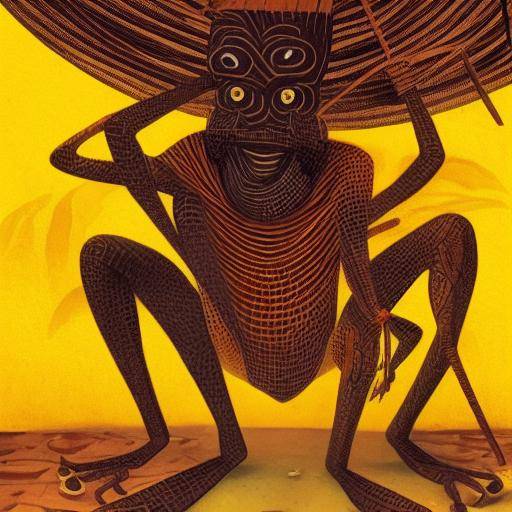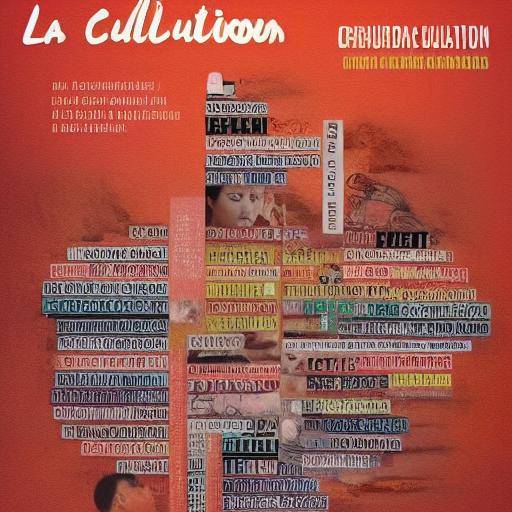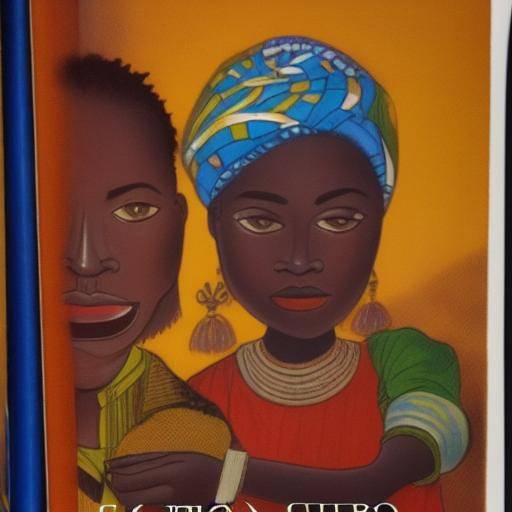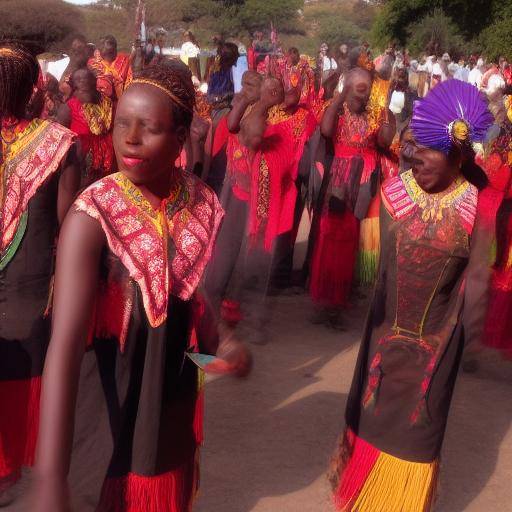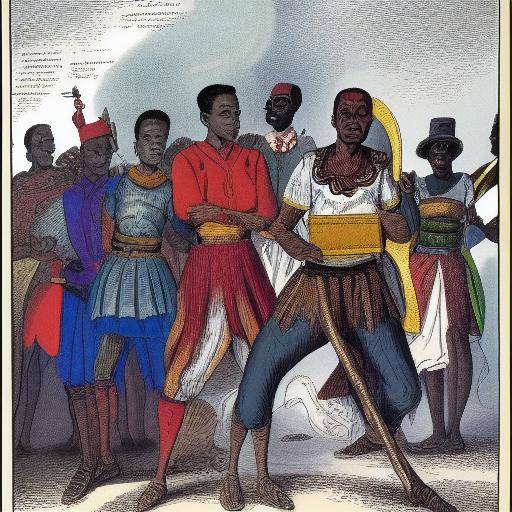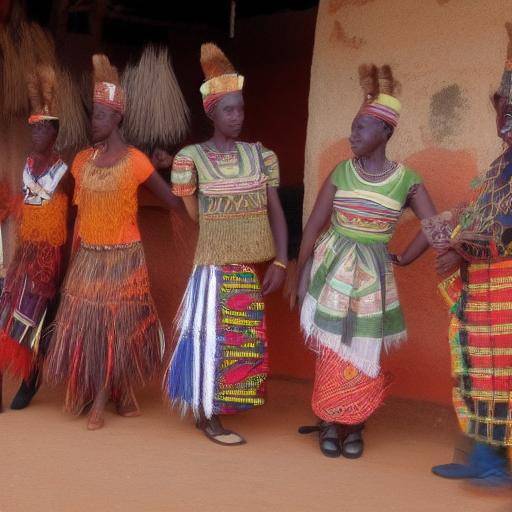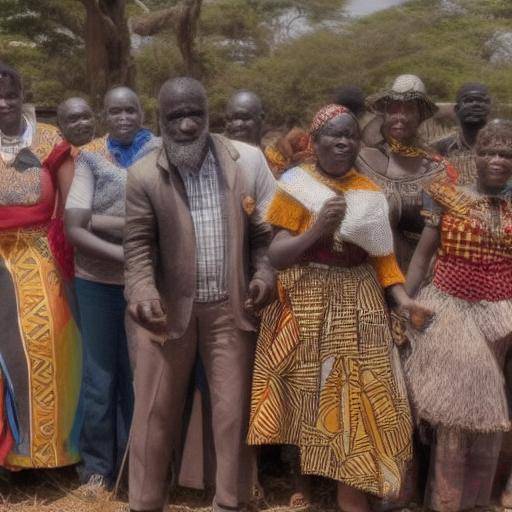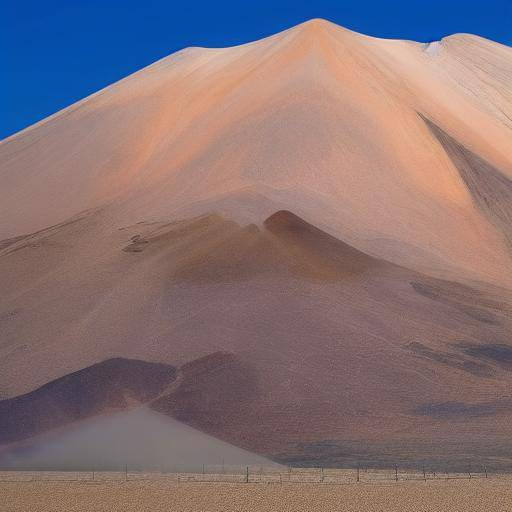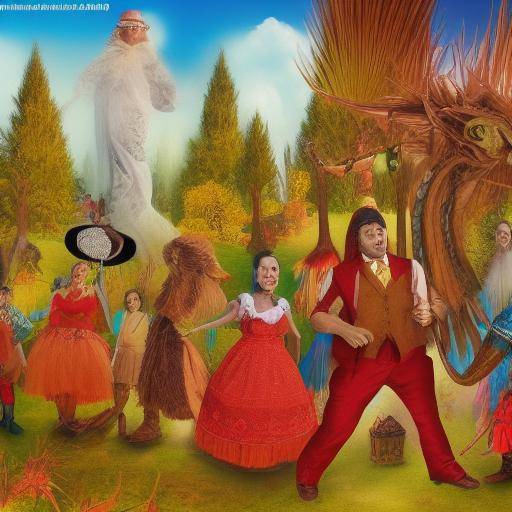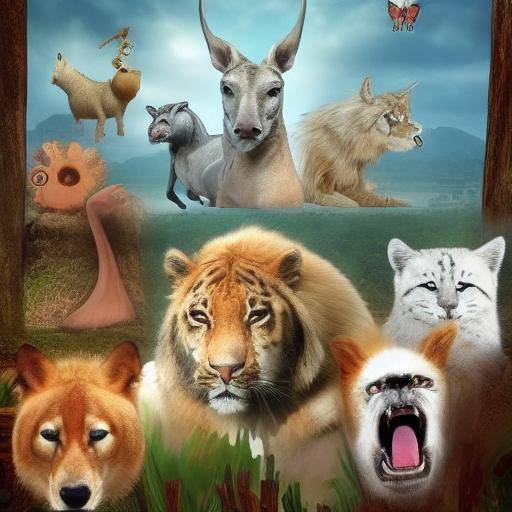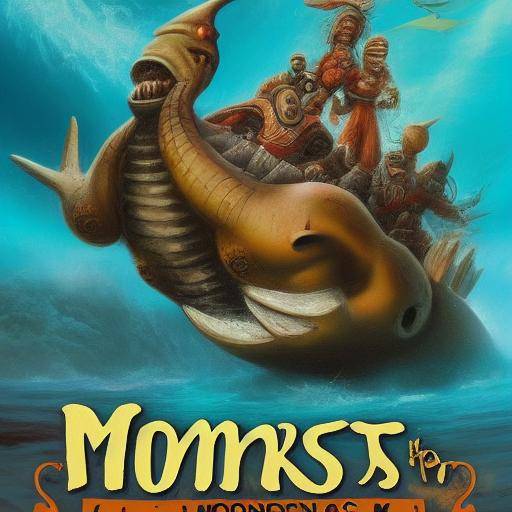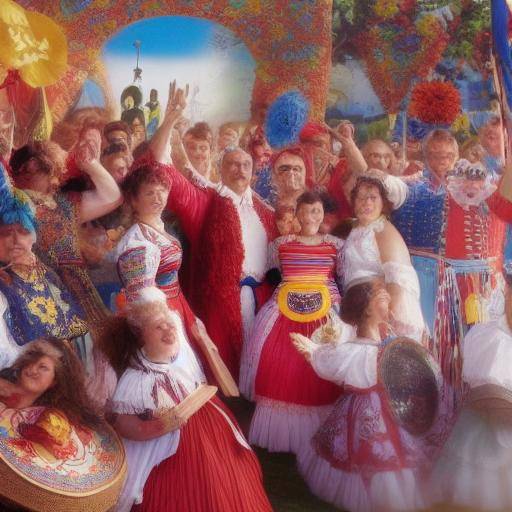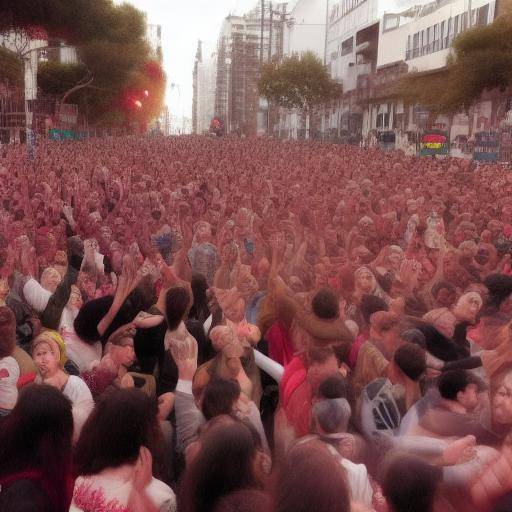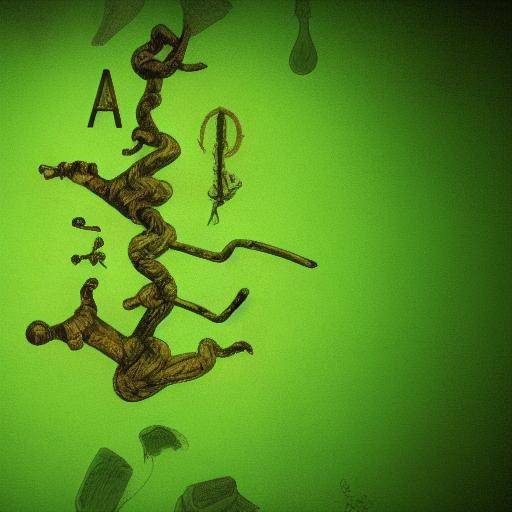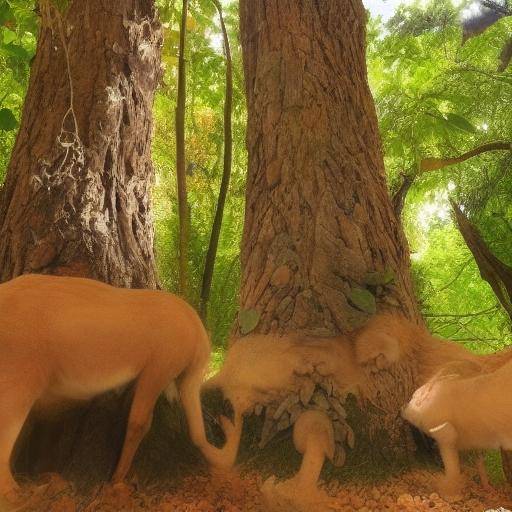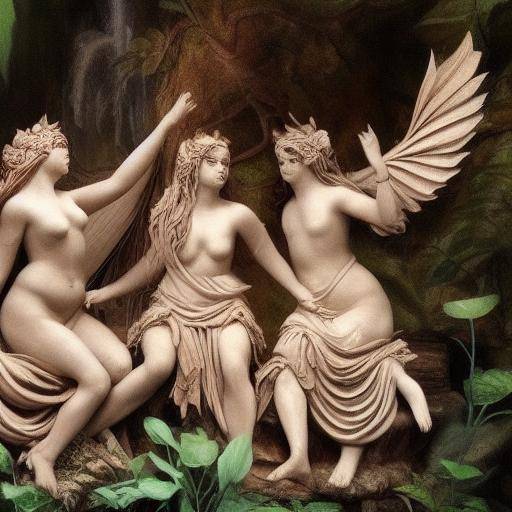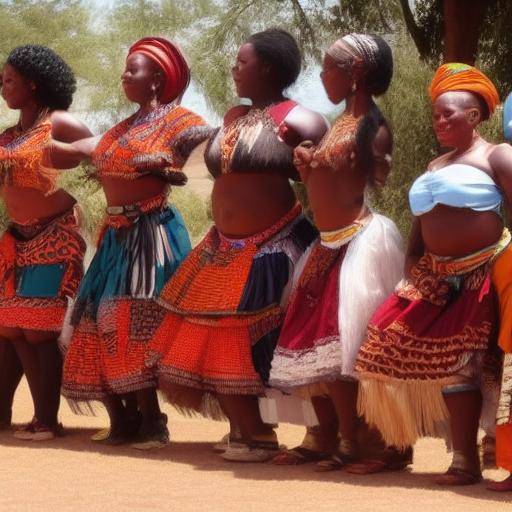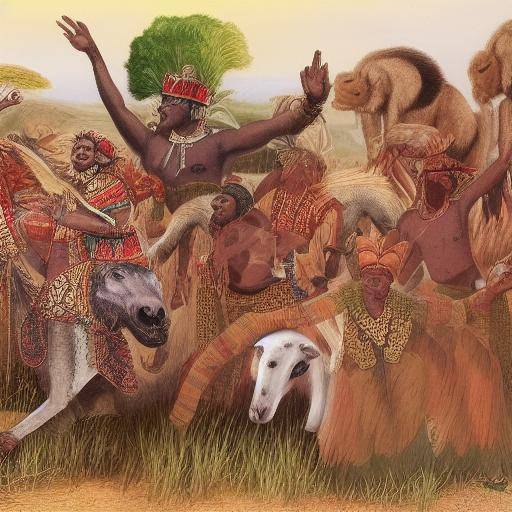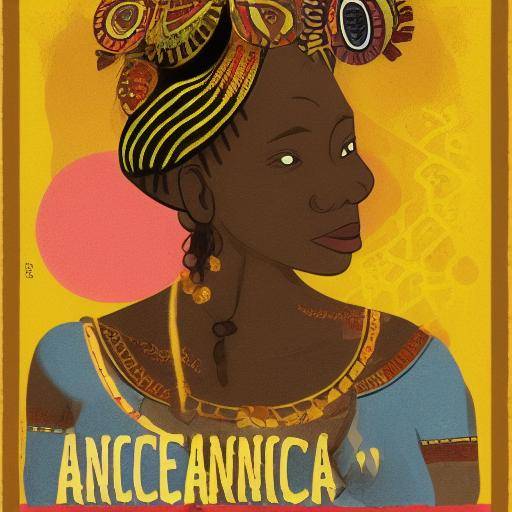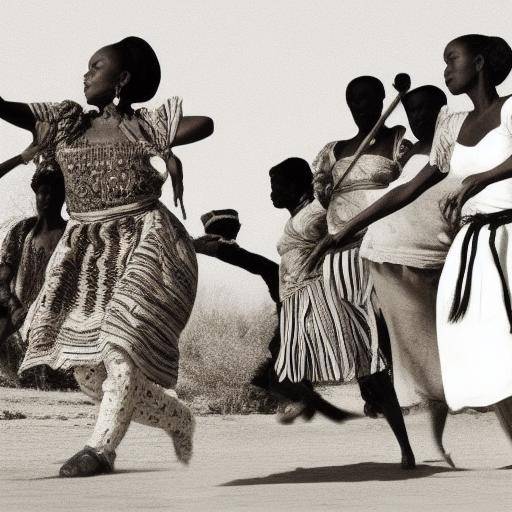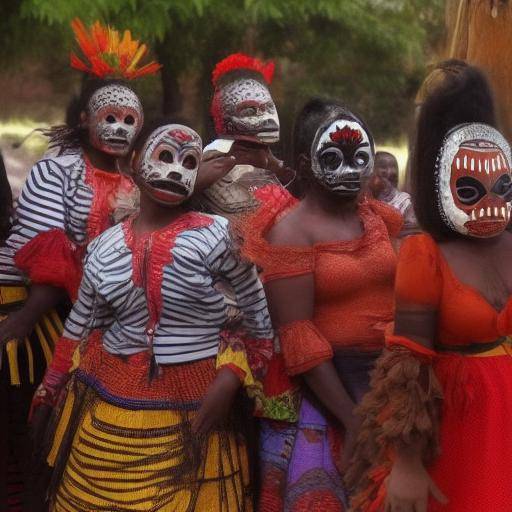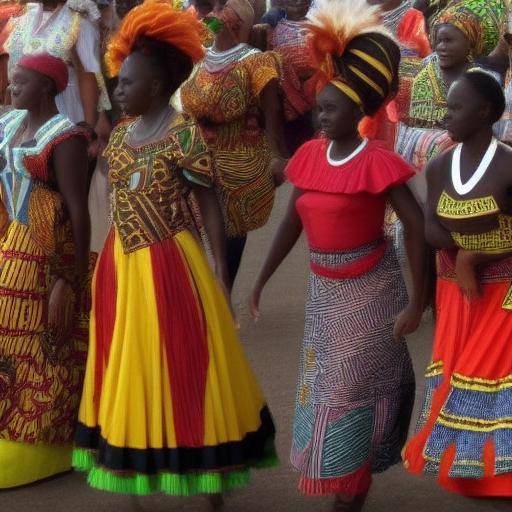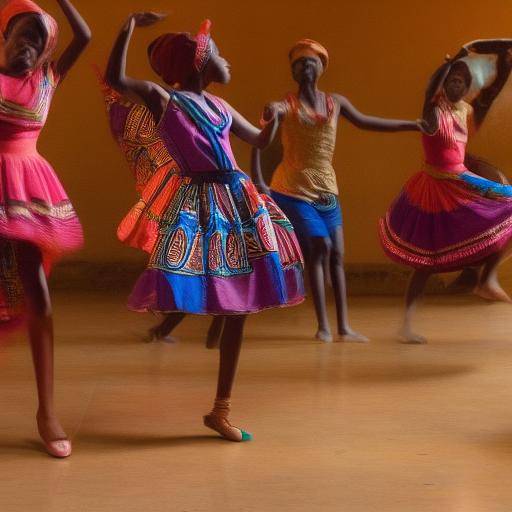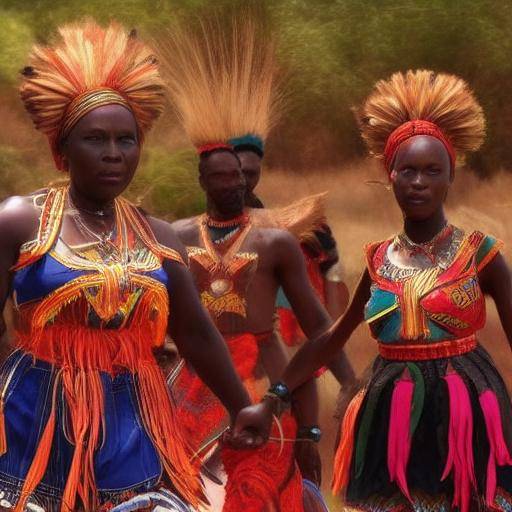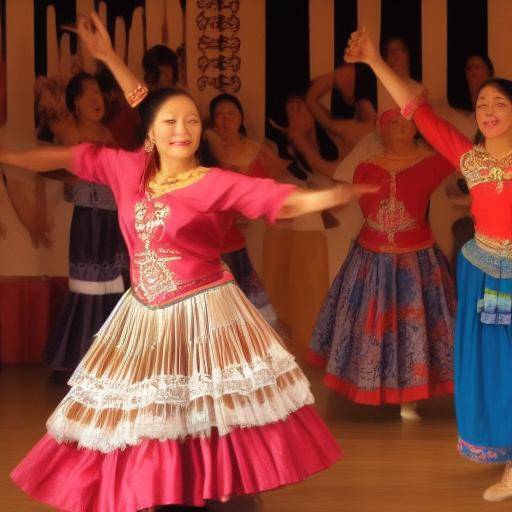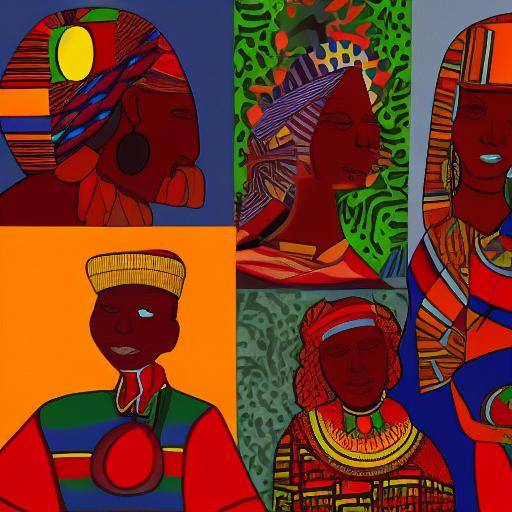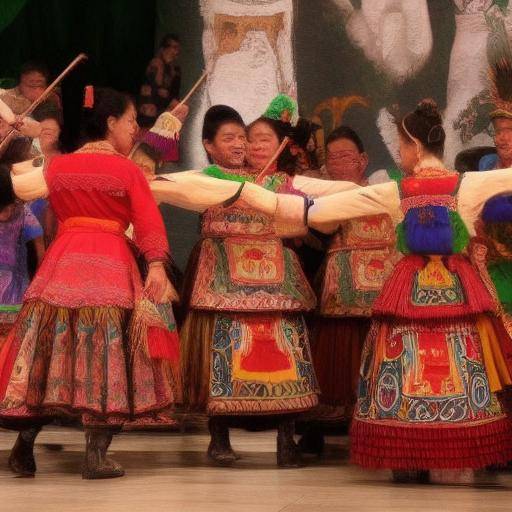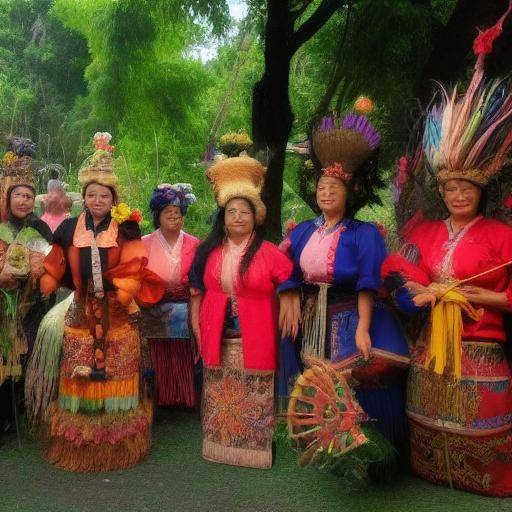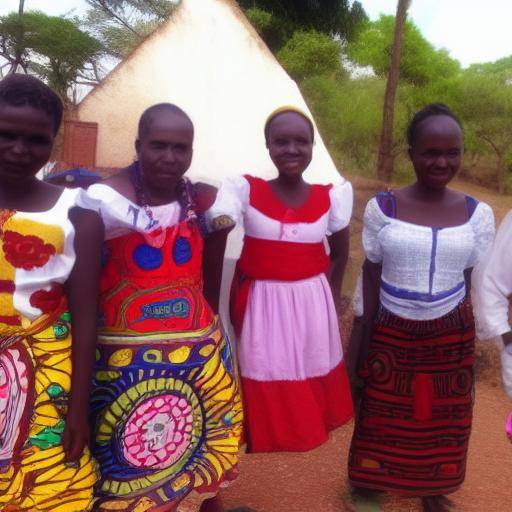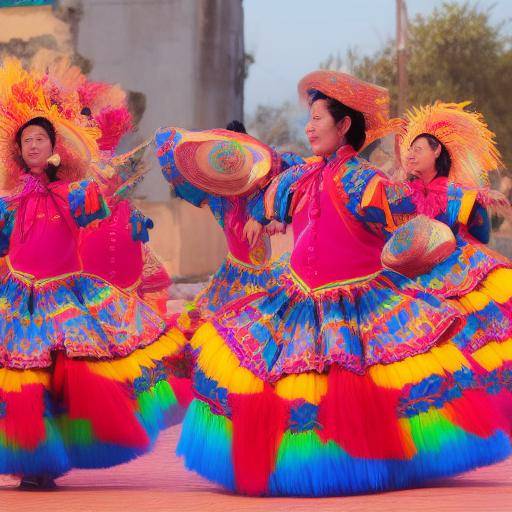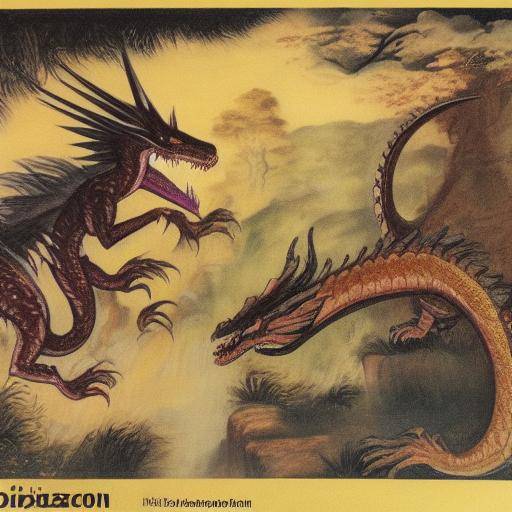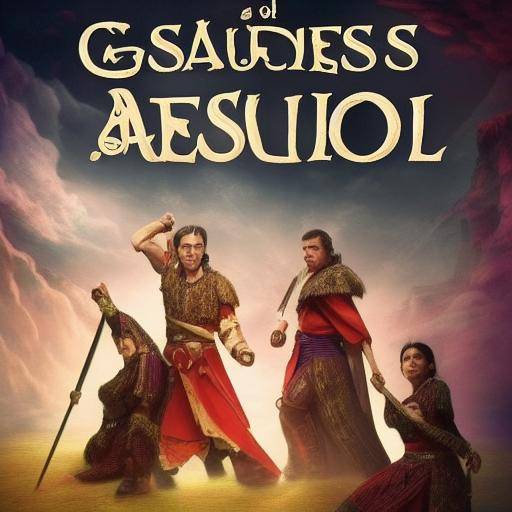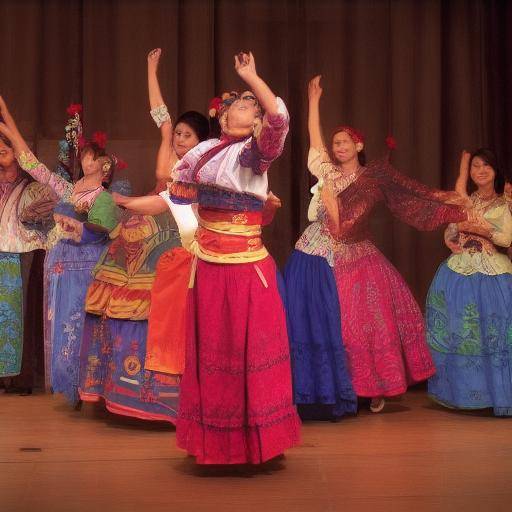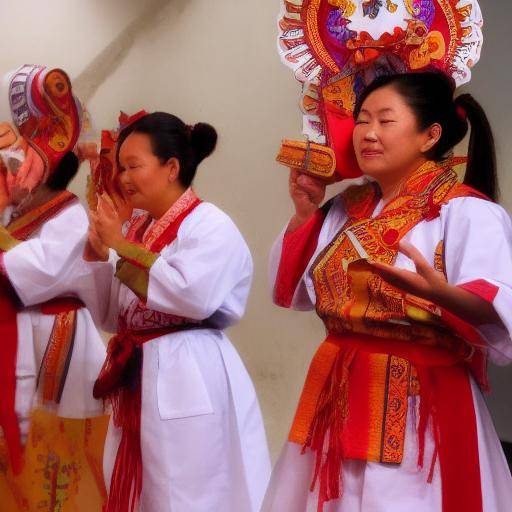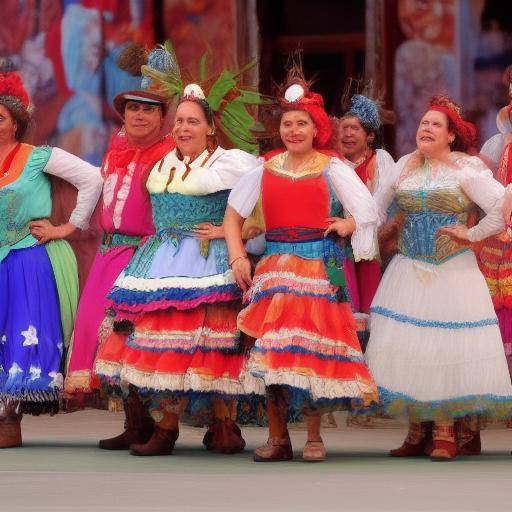
South American folklore is rich in mythology, deities and spirits that have been a fundamental part of the beliefs and traditions of indigenous cultures in the region. In this article, we will explore in detail the South American deities, the spirits and the folklore that have shaped the worldview and spirituality of the original populations and left an imprint on the current culture. From the mystical mountains of the Andes to the dense Amazon rainforests, South America hosts a vast universe of supernatural beings that reflect the richness and diversity of the continent. Join us on this fascinating journey through the ancestral beliefs that continue to captivate current generations.
Introduction
South American deities, spirits and folklore have been essential elements in the traditions and customs of indigenous and mestizas communities. These beliefs have endured over time, knitting a complex network of myths, legends and ritual practices that intertwine with the history, worldview and identity of the South American peoples. On this journey through the spiritual roots of the continent, we will discover the importance of these deities and spirits in the contemporary world, as well as their impact on society, culture and nature.
History and Background
Origins and Evolution
South American folklore dates back to pre-Columbian times, where native cultures worshiped a wide variety of deities and spirits linked to land, water, animals and natural phenomena. With the arrival of the European conquerors, these beliefs were intertwined with the Catholic religion, leading to syncretisms that persist to the present day. The gods of civilizations such as the Incas, Aztecs, Mayas, Mapuches, Guarani, among others, played a crucial role in the understanding of the world and the universe by these cultures.
Meaning and Symbolism
The South American deities and spirits of folklore are imbued with a profound symbolism that reflects the intimate relationship between indigenous communities and their natural environment. These divine entities personify natural values, virtues and phenomena, providing people with a symbolic framework to understand and relate to the world around them.
Cultural Importance
South American folklore is not only a religious manifestation, but also an artistic, literary and scenic expression that has transcended the borders of everyday life, influencing the music, dance, crafts and narrative of the region. The stories of deities and spirits have been transmitted from generation to generation through oral traditions, festivities and rituals, enriching the cultural identity of South America.
Deep analysis
The Link with Nature
The South American deities and spirits of folklore are closely linked to nature and its conservation. Reverence for land, rivers, mountains and living beings is a constant in indigenous beliefs, which have inspired environmental movements and the struggle for the protection of threatened ecosystems.
Rituality and Ceremony
The ritual practices associated with South American deities and the spirits of folklore are a vivid manifestation of spirituality and connection with the divine. The ceremonies of thanks, purification and petition, carried out in sacred sites, reflect the importance of maintaining harmony between humanity and the spiritual world.
Survival and Cultural Resistance
South American folklore, through its deities and spirits, has been a refuge of cultural resistance to adversities and colonization processes. These beliefs have served as a spiritual balm for indigenous communities, preserving their traditions, languages and lifestyles in an increasingly globalized world.
The South American Deities in the News
Despite the influence of monotheistic religions, South American deities remain present in the daily lives of many indigenous and mestizo communities. The rituals, festivals and observances in honour of these deities continue to be an essential part of the cultural calendar in countries such as Peru, Bolivia, Ecuador, Colombia and Brazil, keeping the ancestral traditions alive.
Comprehensive review
Comparison of Deities and Spirits
The South American deities and spirits of folklore present a fascinating variety of features and roles within the different cultures of the region. While some divinities represent fertility and prosperity, others personify the strength of nature, seasonal change or ancestral wisdom. This diversity reflects the complexity and wealth of the South American pantheon.
Impact on the Current Society
The legacy of South American deities and the spirits of folklore transcends the spiritual and manifests itself in contemporary society through identity, environmental awareness, art and cultural diversity. These influences are reflected in daily demonstrations such as gastronomy, music, traditional medicine and local festivities, enriching the lives of communities.
Challenges and Opportunities
The recognition and appreciation of South American deities and folklore represent an opportunity for the promotion of cultural tourism, the preservation of immaterial heritage and the revitalization of ancestral traditions. However, they also face challenges in a constantly changing world, where globalization and modernity can threaten the continuity of these beliefs.
Practical Tips and Recommendations
- Respect for the Beliefs: It is crucial to promote respect and understanding for the spiritual beliefs and practices of indigenous communities, avoiding cultural appropriation and promoting respectful collaboration.
- Responsible Participation: Those wishing to explore South American folklore and indigenous deities must do so in a responsible way, seeking to accompany local guides and respecting established protocols and regulations.
- Community support: The promotion of cultural tourism and the acquisition of traditional crafts and products directly from communities contribute to the economic and cultural strengthening of indigenous peoples.
Conclusions
South American folklore, enriched by the deities and spirits that inhabit their myths and legends, is an invaluable legacy that deserves to be appreciated and preserved. Its influence remains today, reaffirming the importance of honoring the spiritual and cultural roots that shaped the identity of South America. Through respect, valorization and collaboration, we can keep alive the flame of these ancestral beliefs for future generations.
FAQs
What are some of the best known South American deities?
The best-known South American deities include Inti, the Sun god of the Incas; Pachamama, the Mother Earth venerated in various Andean cultures; Yemanjá, the goddess of the sea worshiped in the Amazon region and the Atlantic coast, among others.
How are the holidays celebrated in honor of South American deities?
The festivities in honor of South American deities often include rituals of offerings to the earth, sacred dances, processions and ceremonies of gratitude for fertility, harvest and spiritual protection.
What role do spirits play in South American folklore?
The spirits in South American folklore have diverse roles, from guardians of nature to messengers of the gods, and are believed to influence the daily lives of the communities, as well as the protection of certain sacred places.
How has religious syncretism influenced South American deities?
Religious syncretism, a result of the fusion of indigenous beliefs with the Catholic religion brought by European colonizers, has led to unique cultural manifestations that combine elements of both traditions.
What challenges does the preservation of South American folklore face?
The preservation of South American folklore faces challenges such as the loss of indigenous languages, the reduction of ancestral ritual practices and the influence of globalized culture, which puts at risk the continuity of these traditions.
What is the relationship between South American deities and environmental conservation?
South American deities are often closely linked to the protection and conservation of the environment, promoting harmony between humanity and nature, which has inspired conservation and environmental awareness movements.
What is the relevance of South American folklore in the cultural identity of the region?
South American folklore is fundamental to the cultural identity of the region, as it reflects the beliefs, traditions and worldview of indigenous communities, providing diversity and wealth to the South American cultural heritage.
How can those interested in South American folklore contribute to their preservation?
Those interested in contributing to the preservation of South American folklore can support local initiatives, amplify the voices of indigenous communities, participate in cultural exchange programs and respect the ritual and spiritual practices of communities.
In this complete journey through South American deities, spirits and folklore, we have explored the cultural and spiritual richness that defines the region. The legacy of these ancestral beliefs continues to influence the life and identity of South American communities, and it is crucial to appreciate, respect and preserve these manifestations of spirituality and worldview for future generations.

